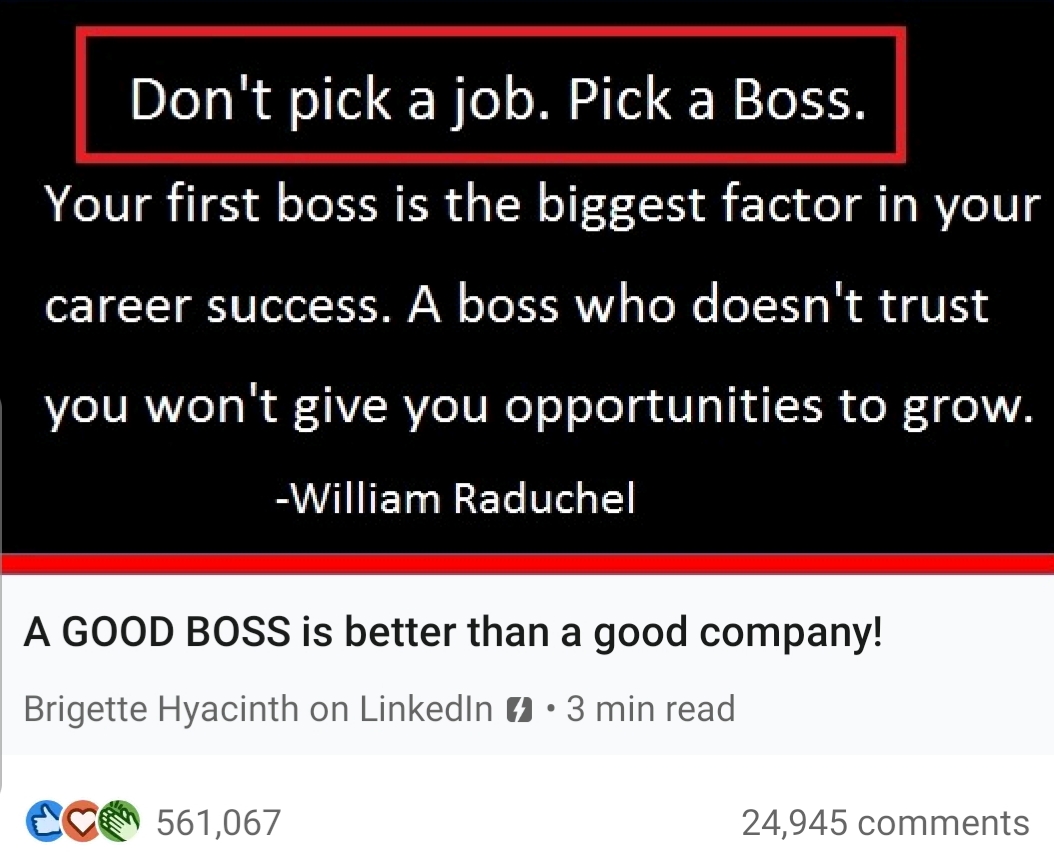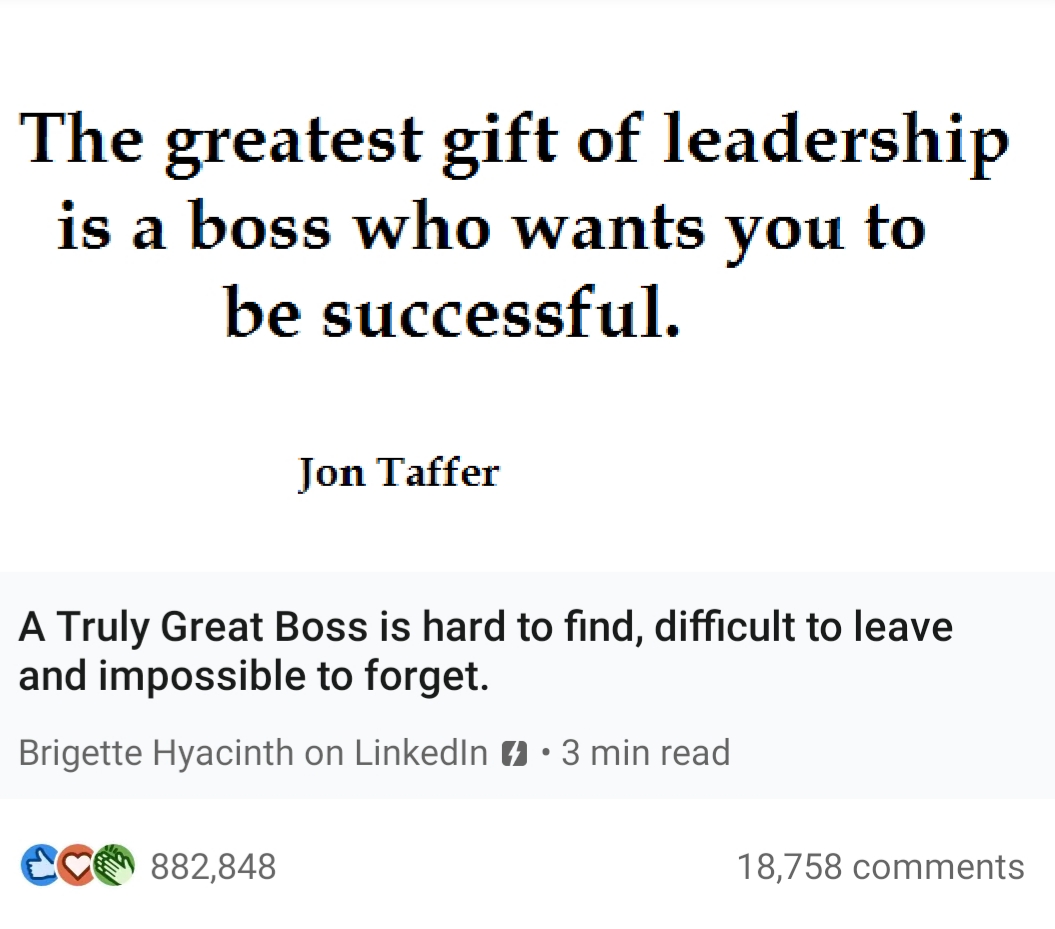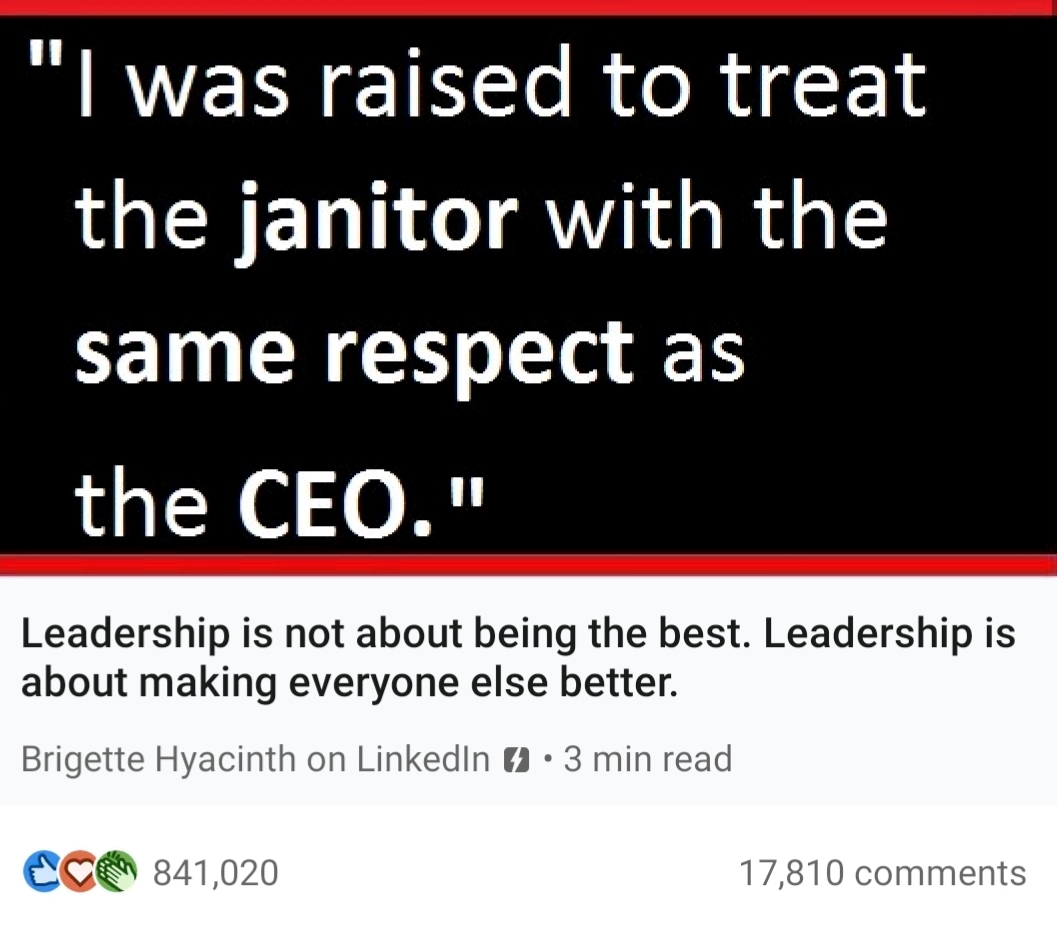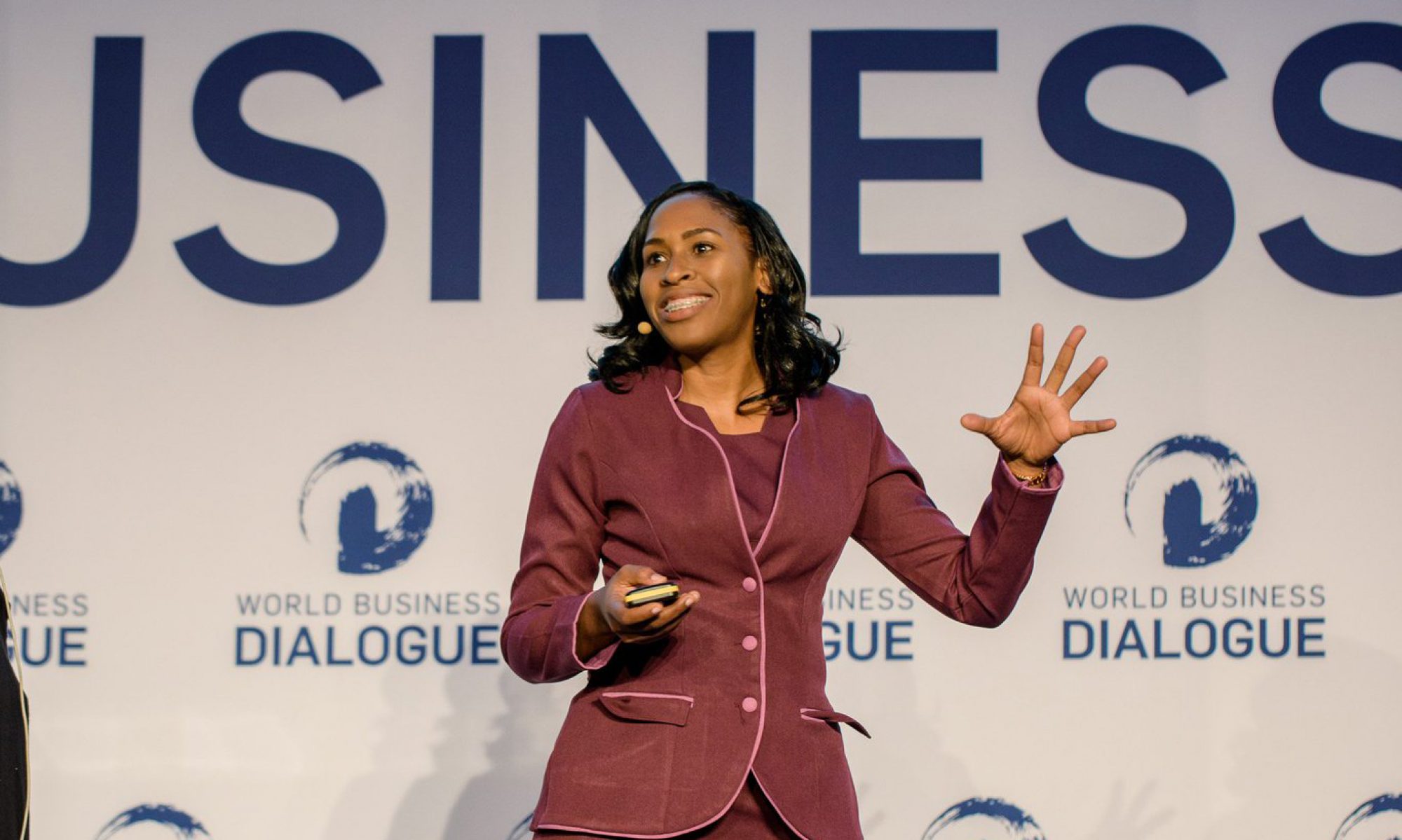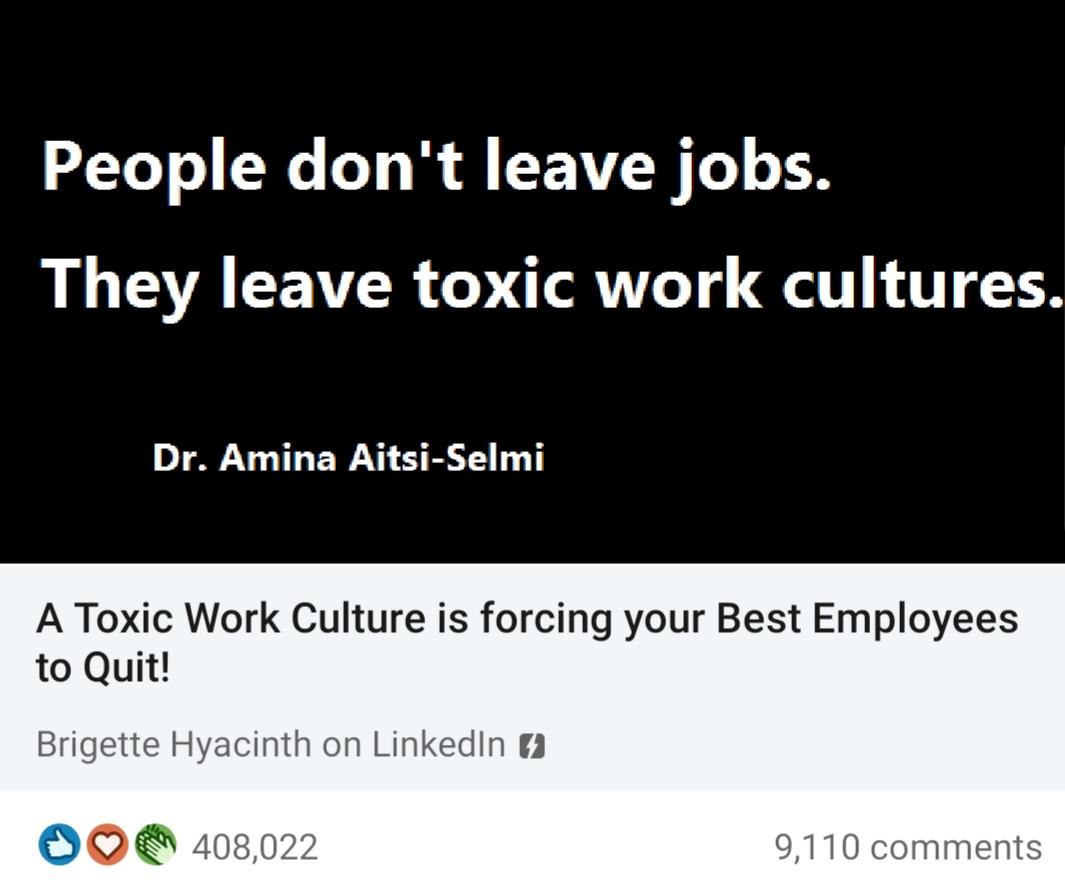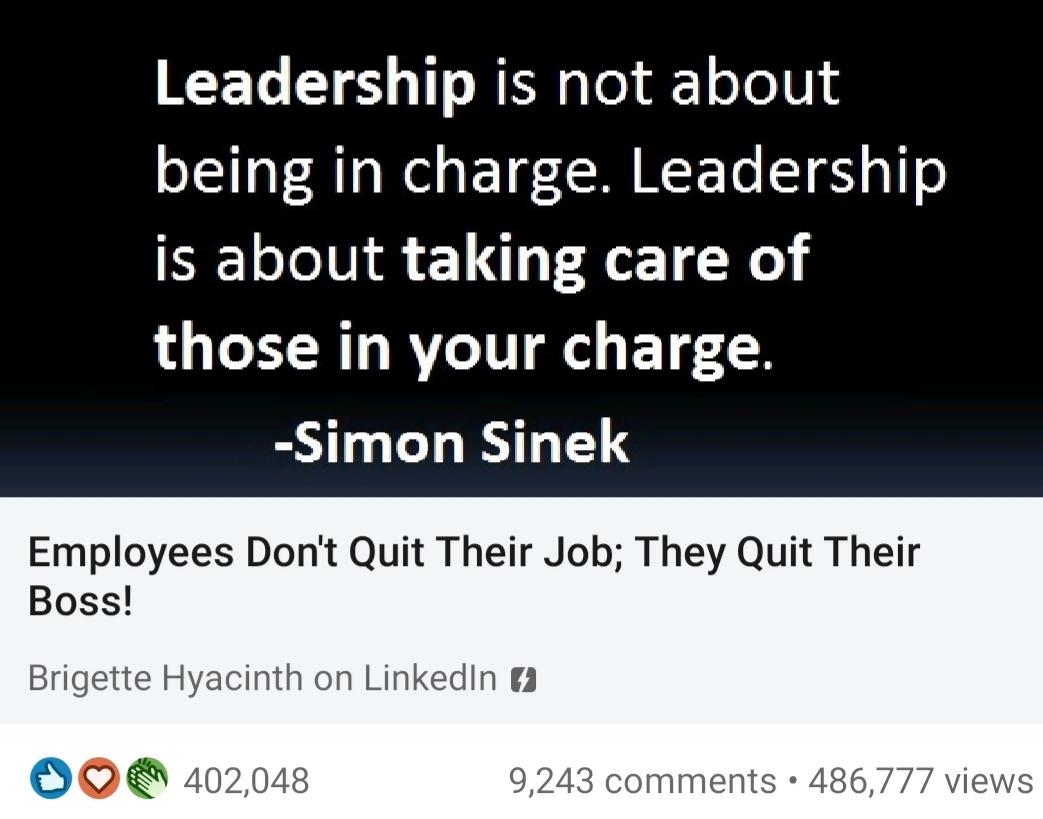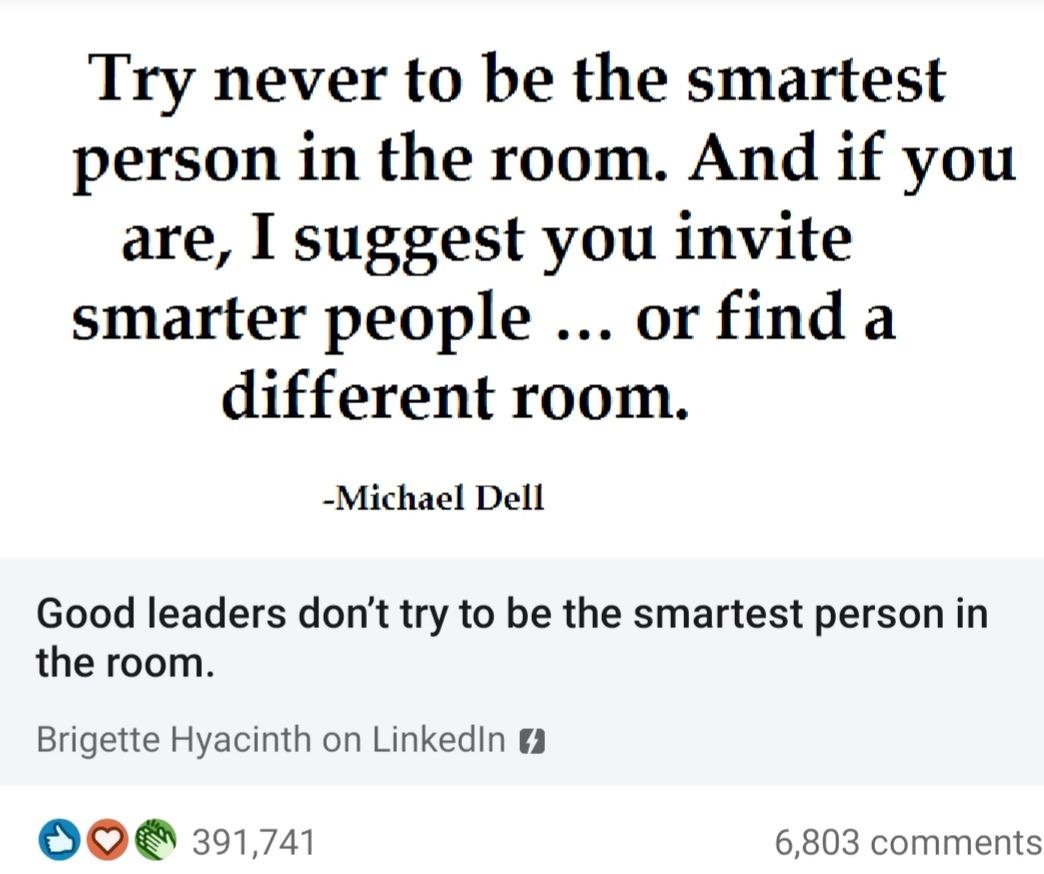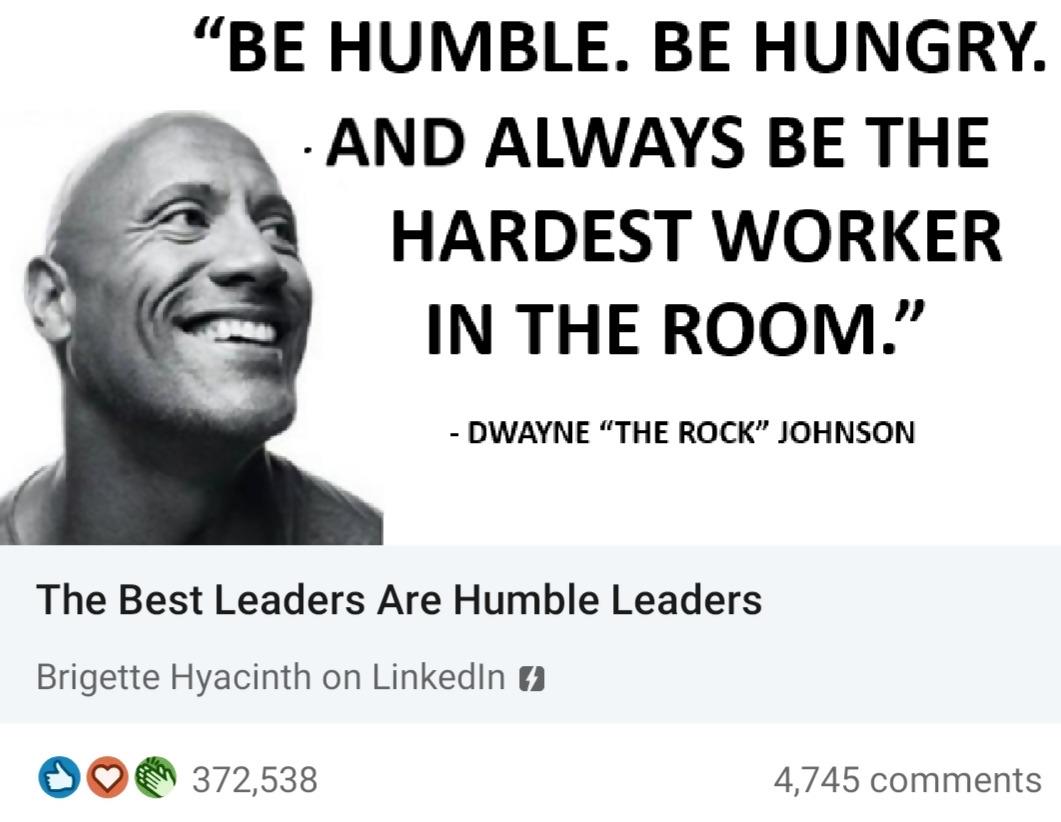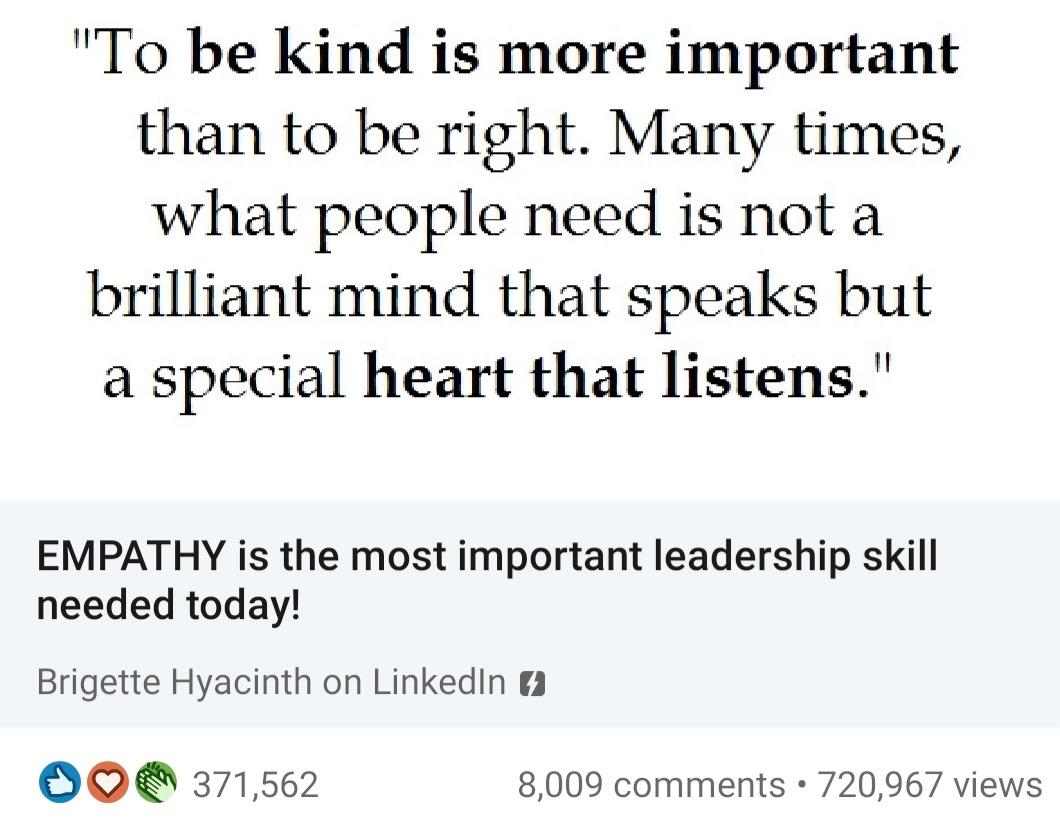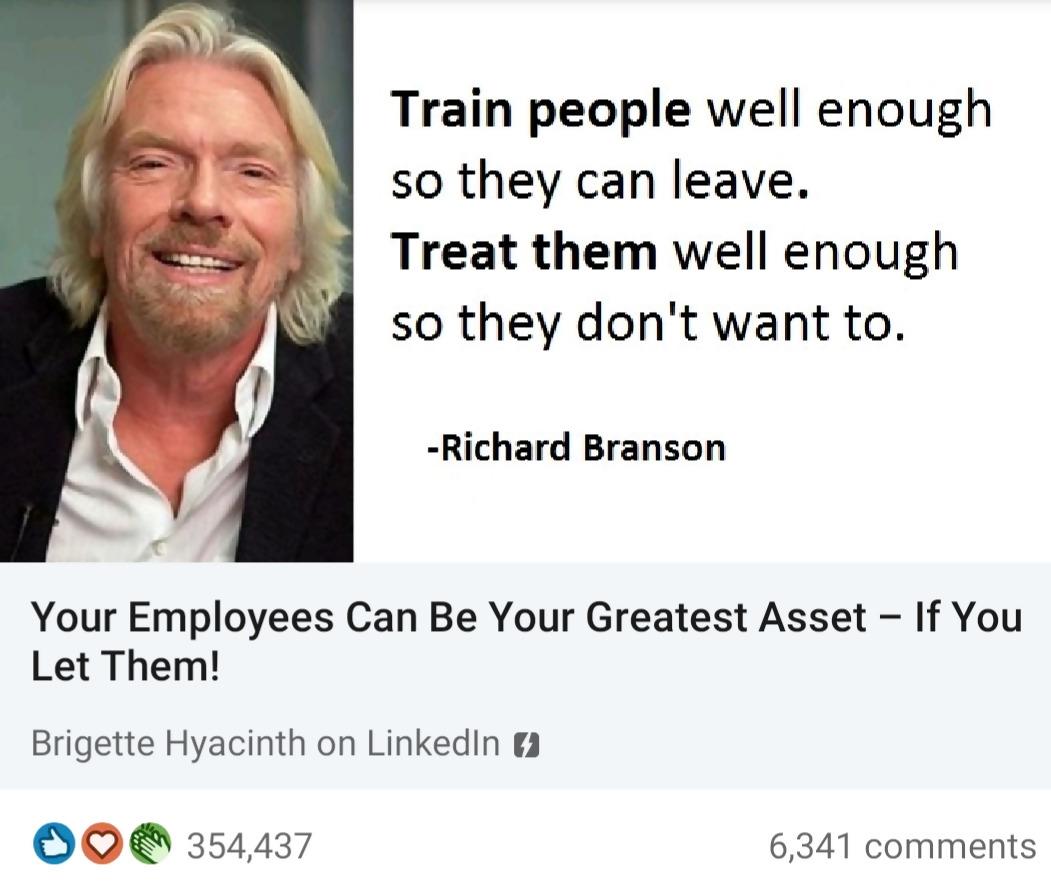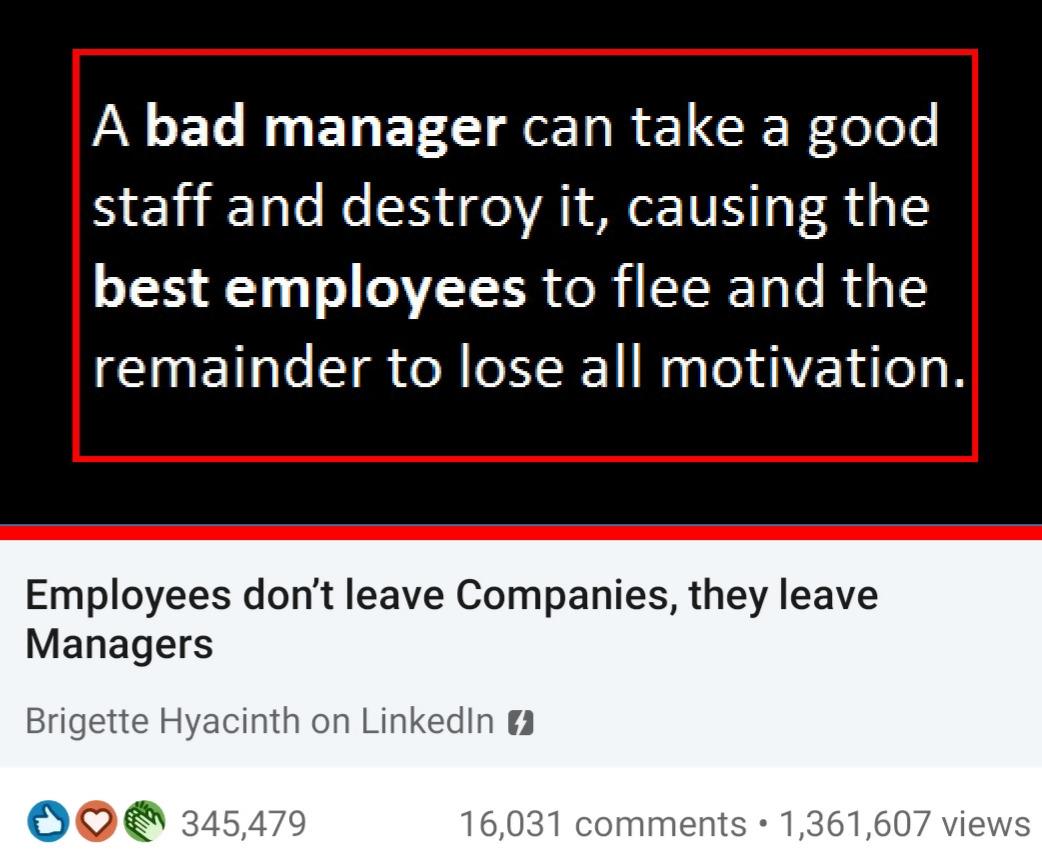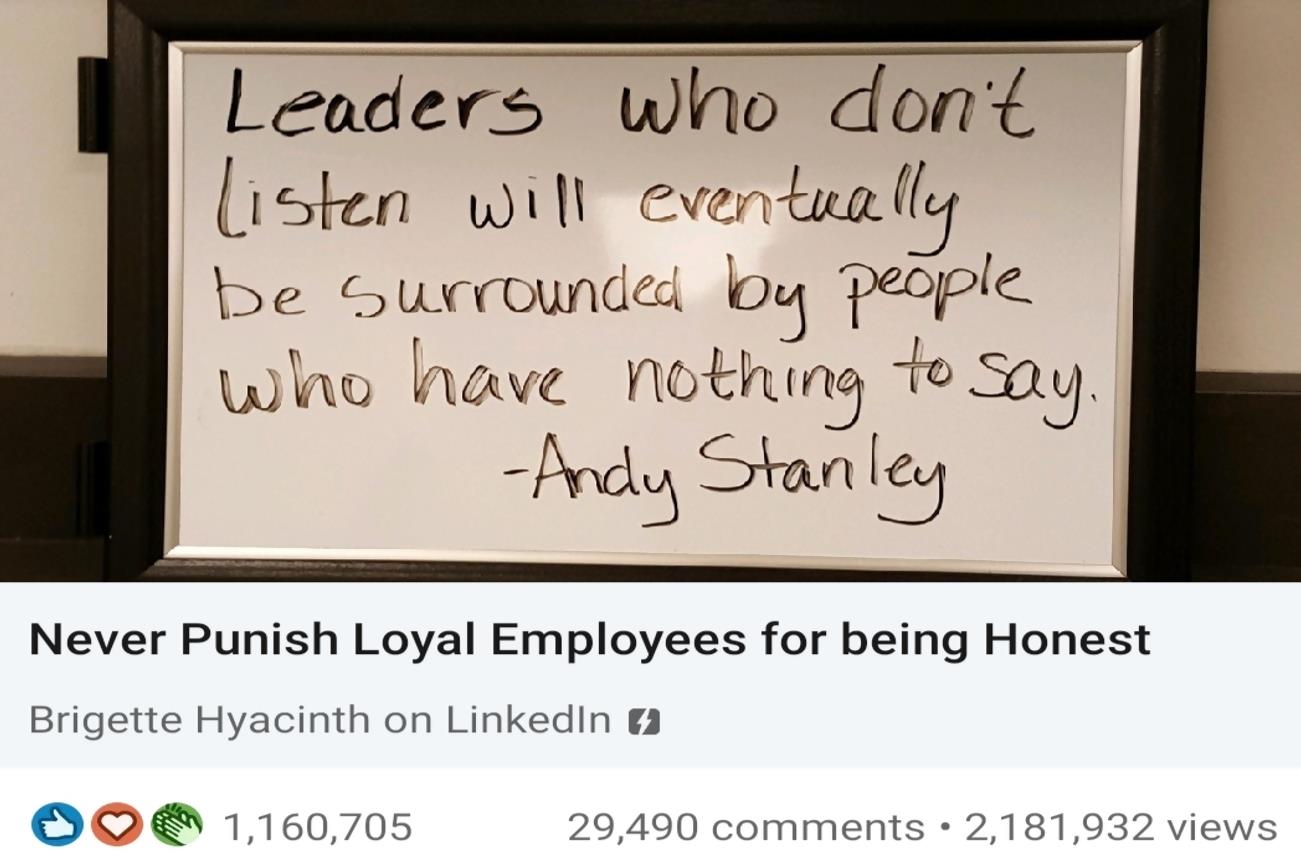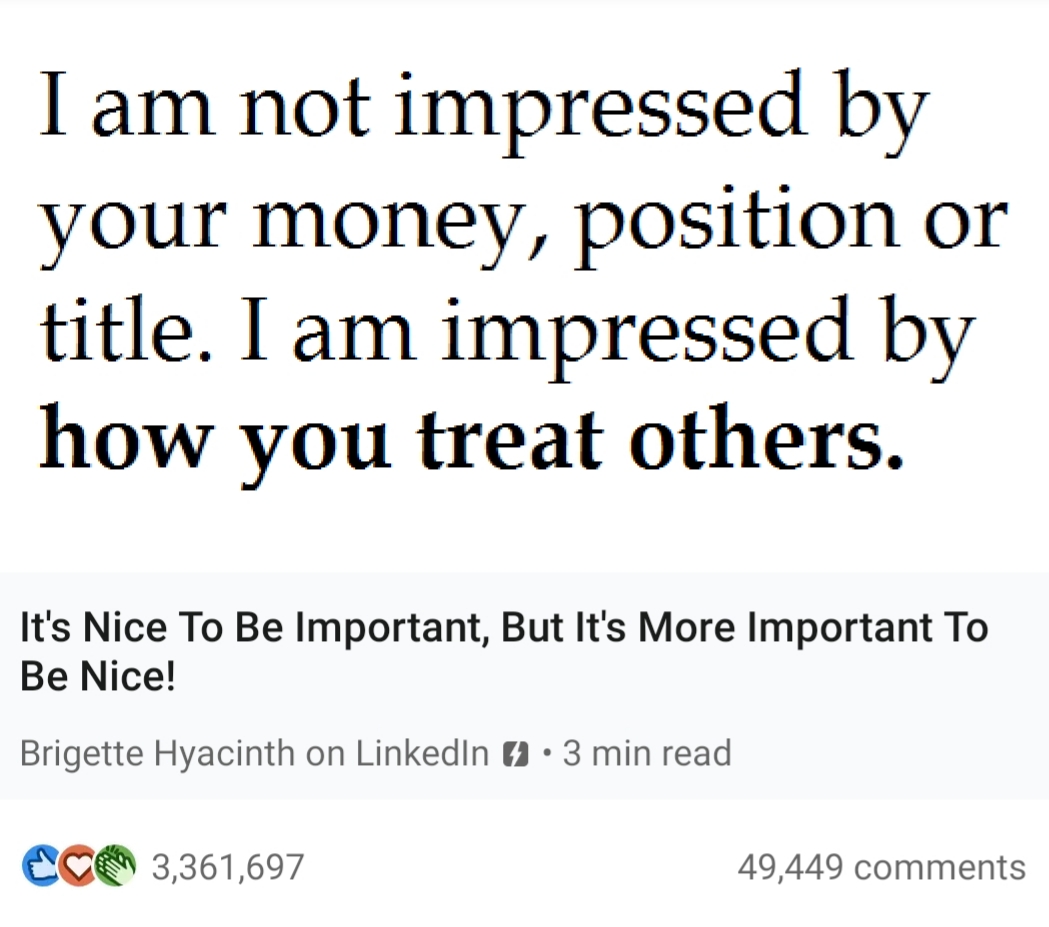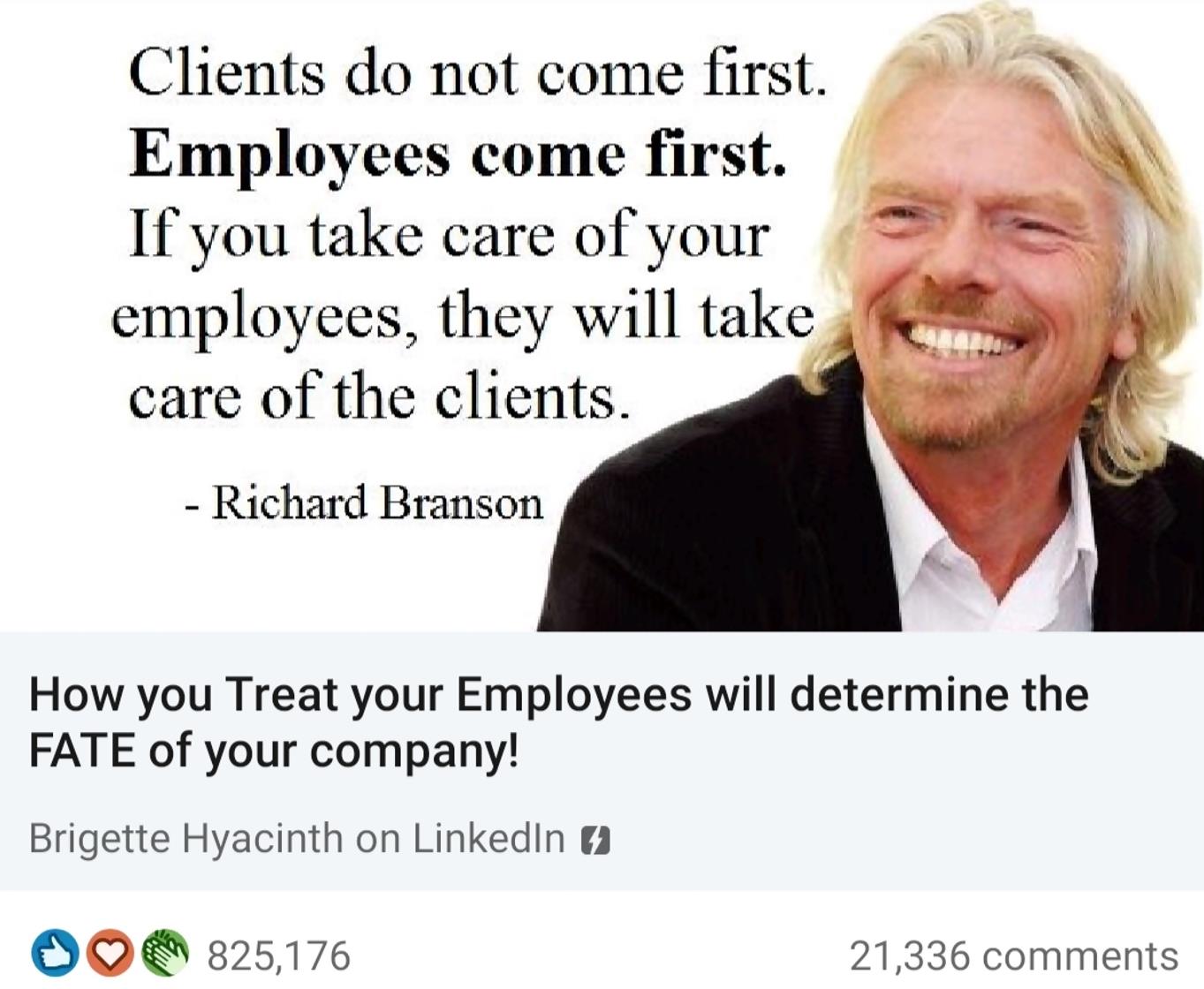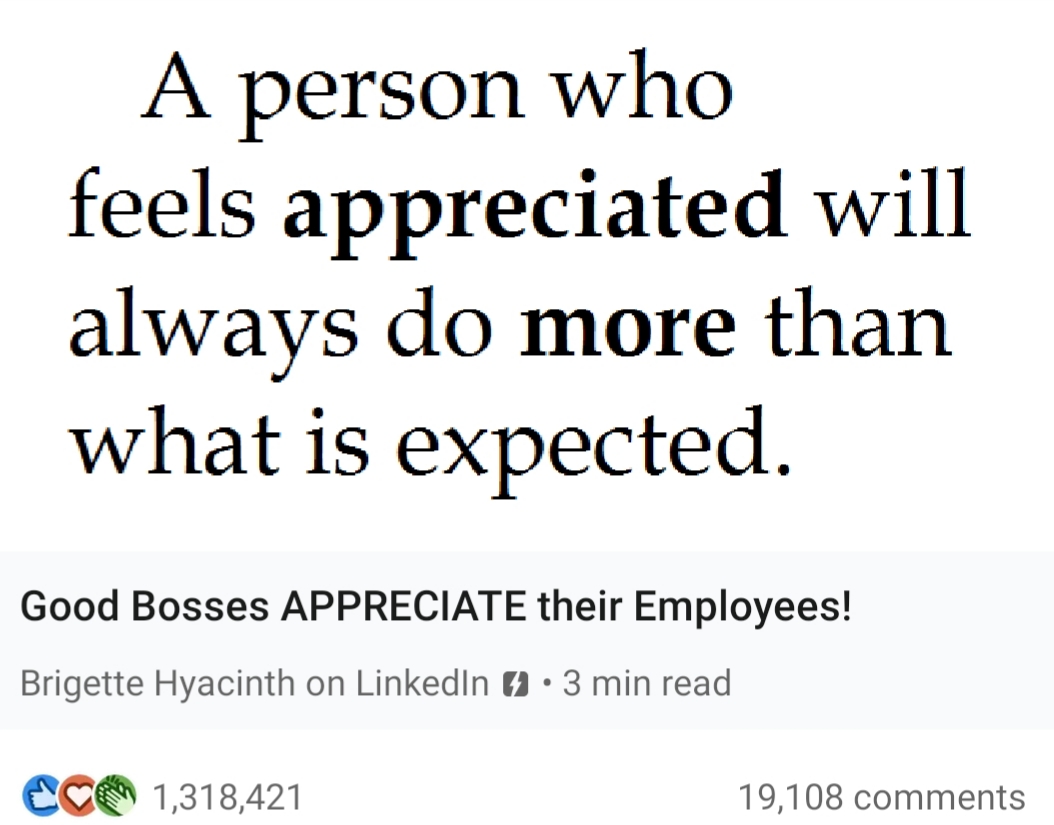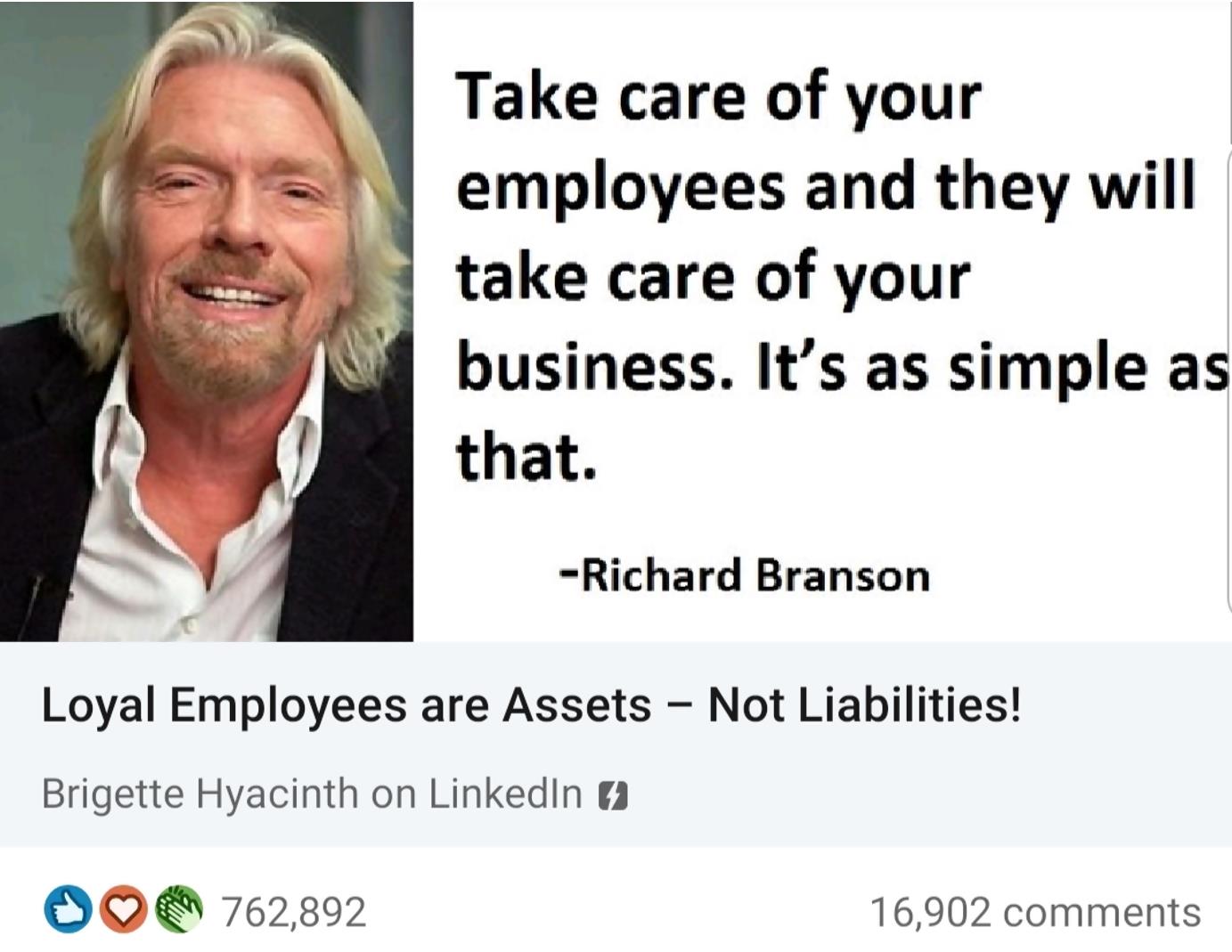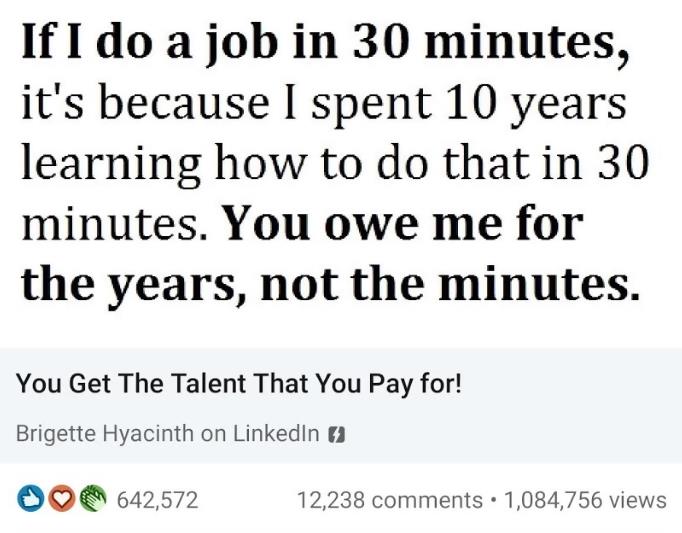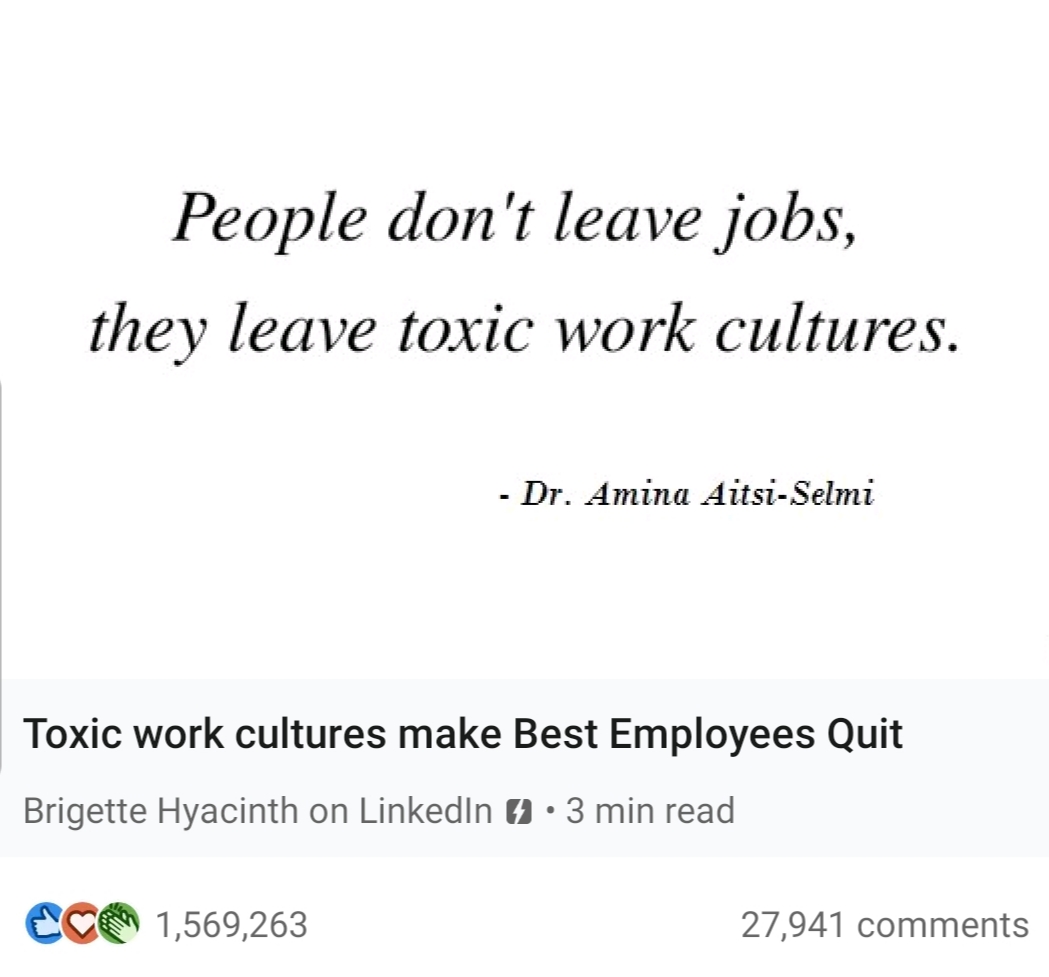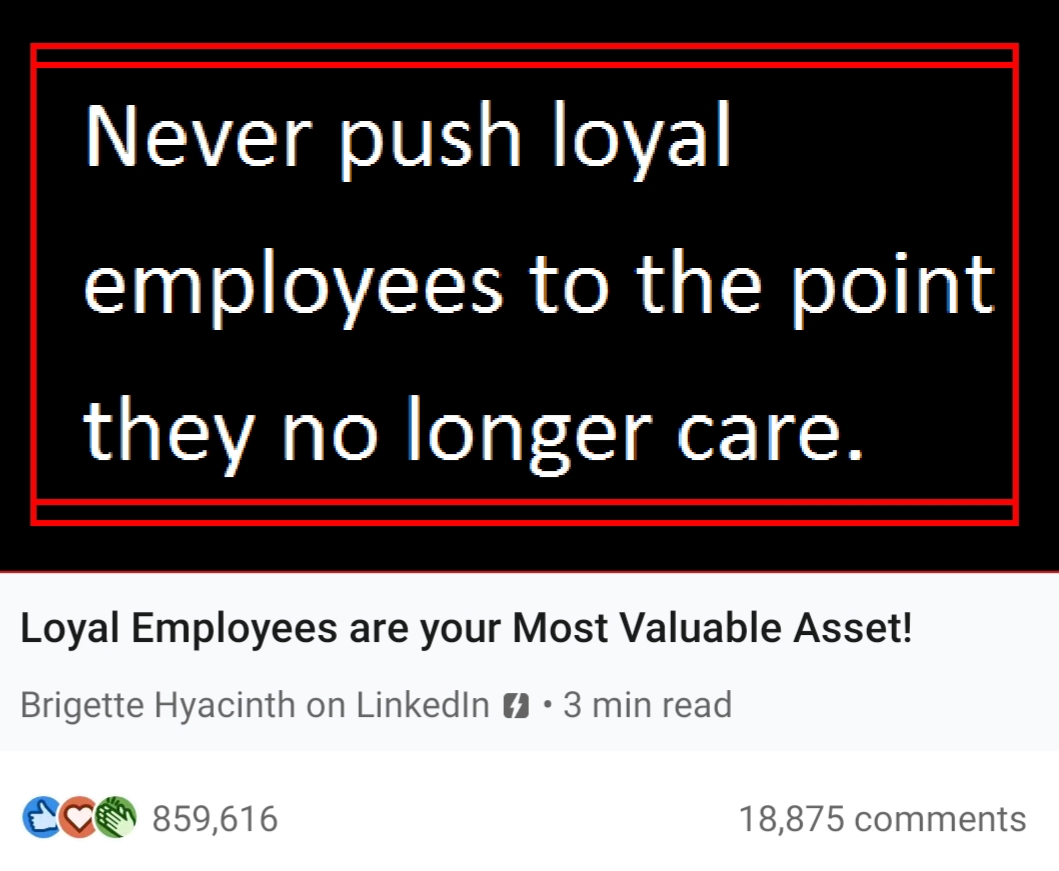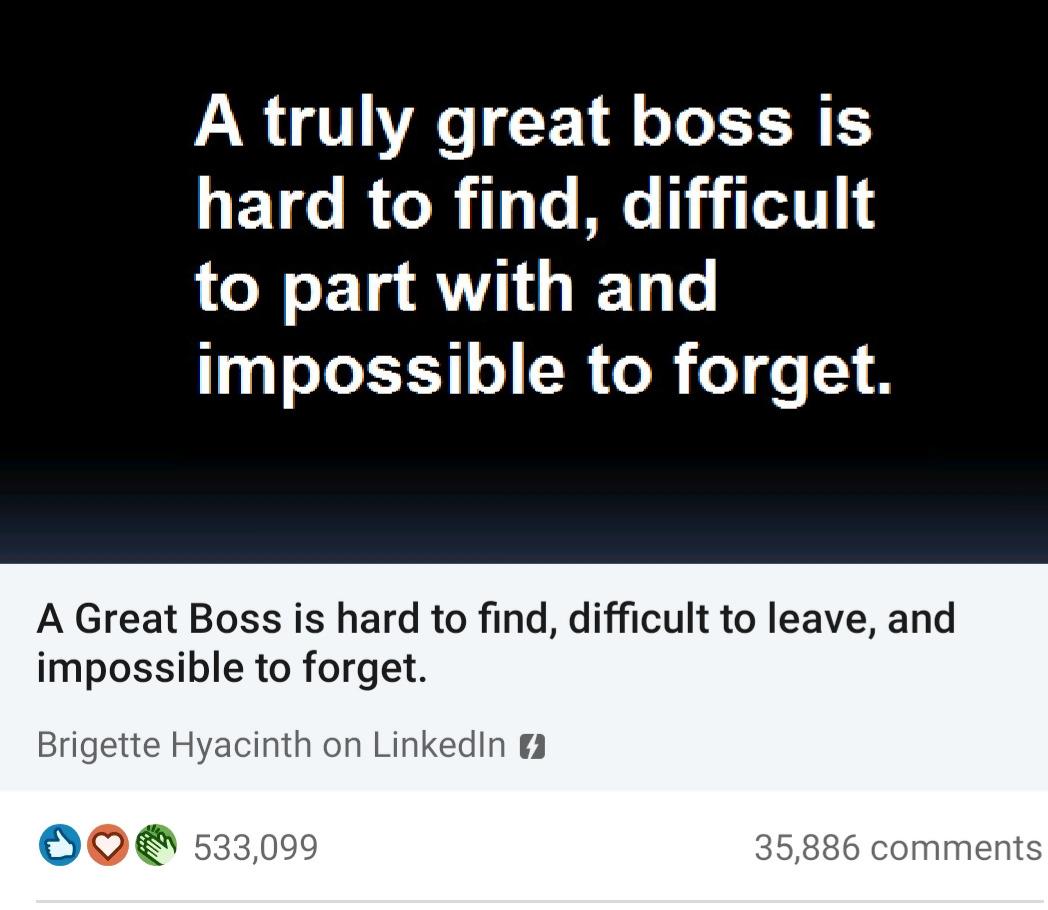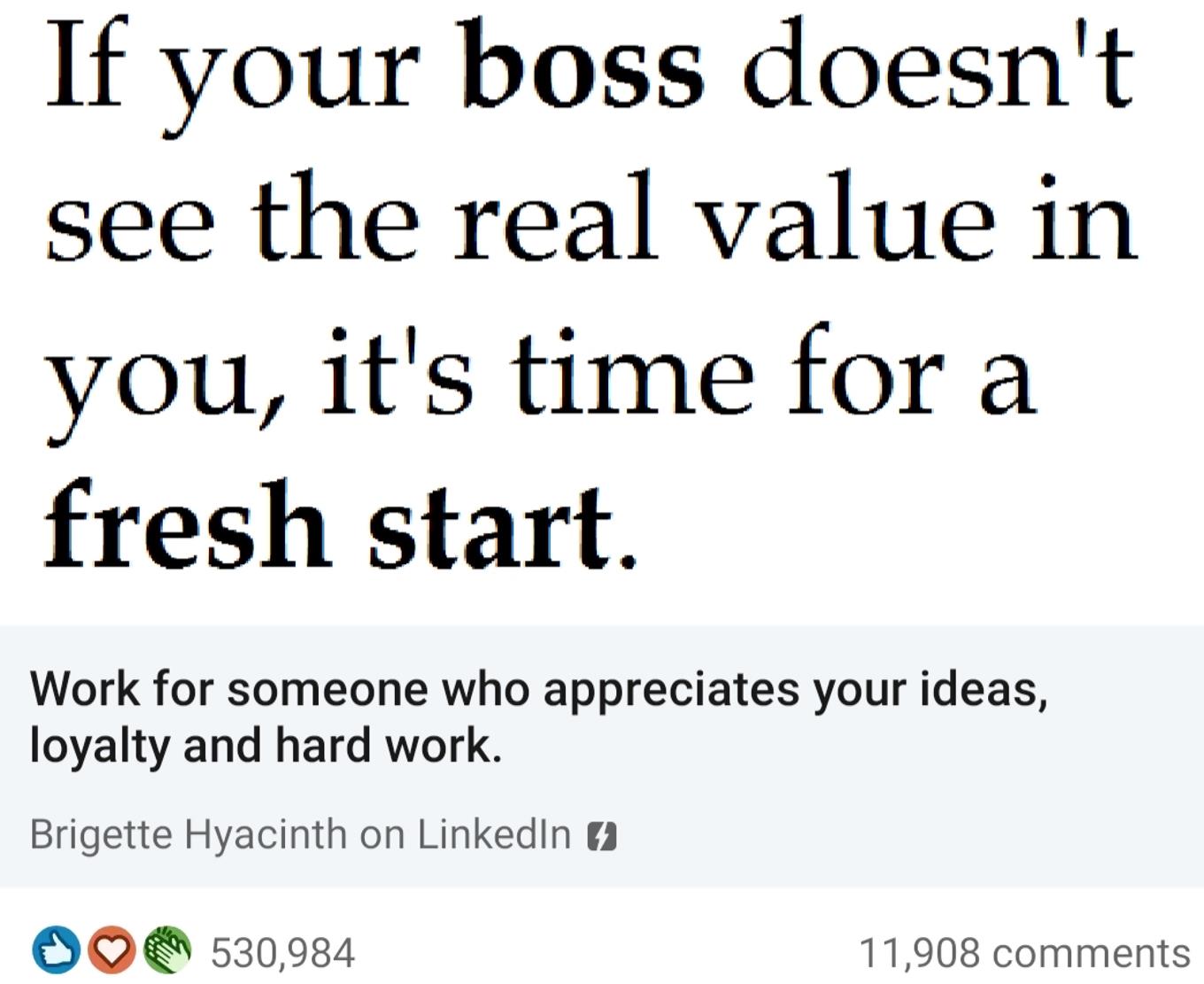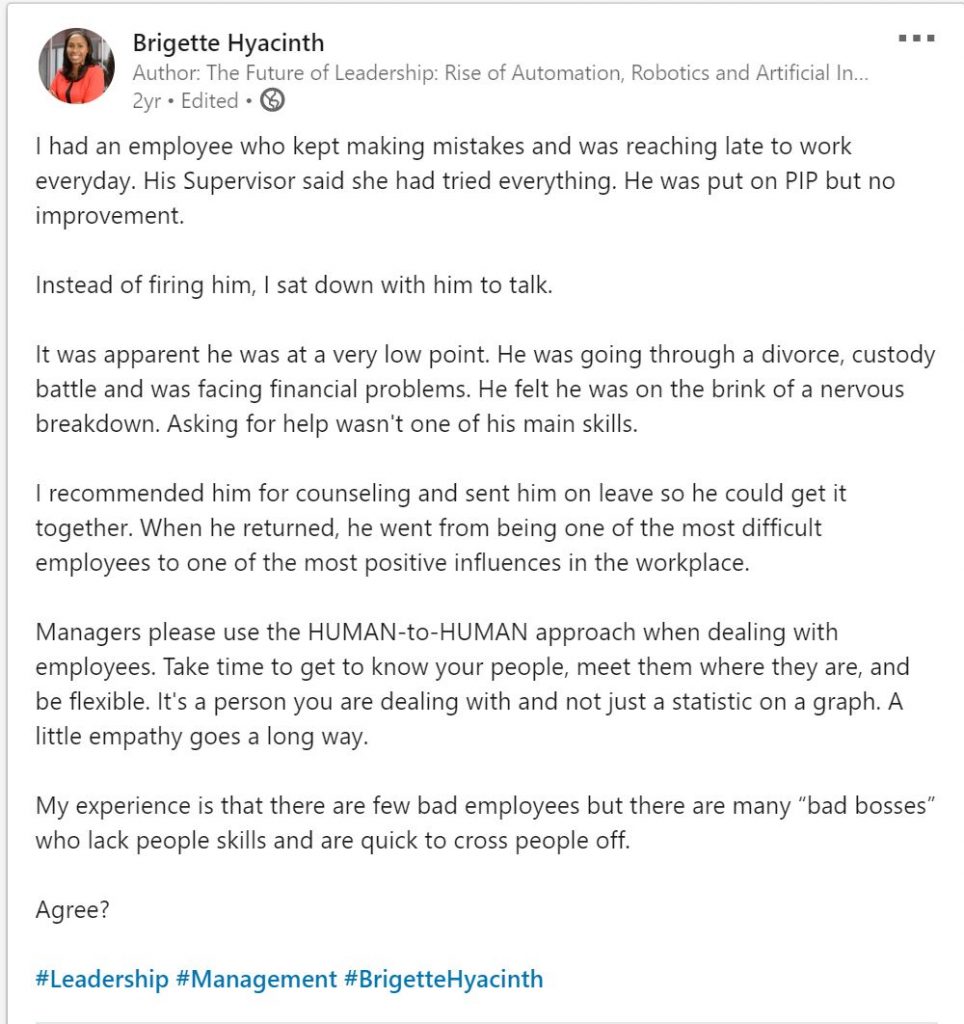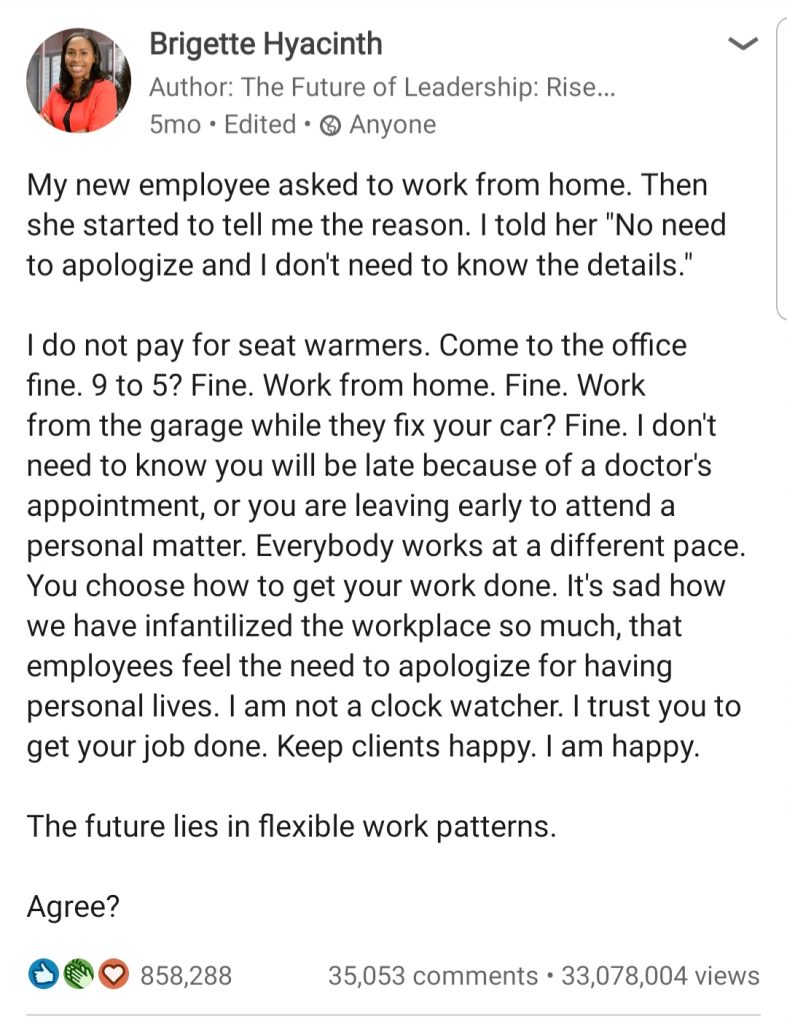
For far too long, being nice has been mistaken for being weak. In reality, niceness is an necessary quality of leadership for the world we’re living in. It has become so rare that when someone does a kind act or goes out of their way to be nice to someone, it goes viral on social media. Being nice doesn’t mean you can’t make hard decisions or stand up to difficult people, it just means you are respectful, kind, and show empathy to your employees.
When kindness isn’t modeled in the workplace, we find ourselves in an environment that is, unhealthy and at worst, toxic. Today people are clamoring for a more human style of leadership. In an age of automation and AI, leaders hard skills are easily being replicated by smart technology. What will make the difference in effective leadership is soft skills.
Here are 7 ways I’ve found being nice can bring you more success as a leader at work. You can start to encourage a culture of being nice to others by carrying out random acts of kindness during your day.
1. Be considerate: Hold the door open for the person behind you. If you are going to the water cooler, ask someone close to you if they would like you to fetch water for them also.
2. Smile at a colleague. When you make eye contact and smile at someone you are showing that they matter which gives them a boost of happiness.
3. Mind your manners. Say “Good morning” or “Hello” to colleagues more often.
4. Show appreciation: Be more vocal in your praise. Acknowledge the contribution and efforts of others.
5. Listen more. Learn to listen with the intent to understand. Don’t just dismiss or ridicule others’ viewpoints. Listening shows that you care.
6. Offer support and help to team members who are struggling.
7. Treat everyone with the same level of respect, whether it be the janitor or the CEO.
Everyone you meet is fighting a battle you know nothing about. Be kind always.
The way you treat others shows your values and true character. You can’t influence others if you aren’t authentic. Employees are looking at you as a leader to determine if they can trust you.
In my experience, tough and nice doesn’t have to be incompatible. Managers, please use the human-to-human approach when dealing with employees. It’s people you are dealing with, not just a statistic on a graph. Get to know your people, meet them where they are, and be flexible. Employees want to be treated as human beings.
In the end, people make companies successful. Any strategy or business plan relies on motivated and engaged people to make it happen! It’s just like a relationship. For a relationship to last, there must be mutual respect, love, trust, understanding and appreciation. Without these, the foundation is shaky. This is why the most successful companies focus on people and relationships, and make sure both are not just managed but lead and cared for.

